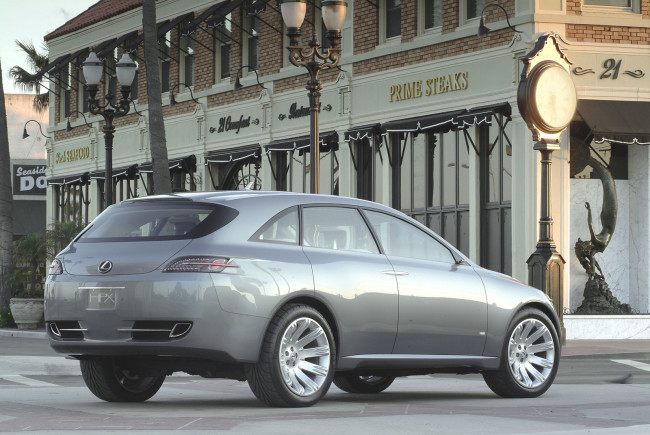Cambridge plant to build “higher-value” vehicles
This is the kind of headline Ontarians—especially those who work in the province’s manufacturing sector—have come to dread in recent years: Toyota has announced that in 2019, it will move production of the Corolla compact to Mexico from the company’s Cambridge operation, in southern Ontario. On this press release, it’s the sub-head that matters, as that’s where the company says the move is part of a plan to “transform” one of its Cambridge plants to ready it for production of what it calls “mid-size, higher-value” vehicles.
You don’t have to follow the auto industry too closely to know that Corolla’s popularity in Canada practically makes it a brand unto itself, and that North America’s appetite for larger vehicles makes it sensible to build those vehicles where most of them will be sold.
In automaker-speak, “higher-value” means bigger profits, and there are no profits beefier than those gained from lower labour costs, and selling upscale vehicles that share platforms and components with low- and mid-priced models. Our guess, then, is that the mid-size vehicle that will take the Corolla’s place in the company’s Cambridge North is the three-row crossover Lexus (Toyota’s upscale brand) has been mulling for at least a year now to slot in between the current five-seat RX and truck-based GX and LX models. (The vehicle shown below is a concept rendering of what a three-row Lexus crossover might look like, though it’s a bit too Mercedes-Benz-ish to be believable.)
That plan makes sense to us because: for one, there are arguably no vehicle buyers in the world who like seven-seat crossovers the way North Americans do; and two, Lexus already builds the mid-size RX in its Cambridge South plant. If we’re correct in guessing a new three-row CUV would share the RX’s Toyota Highlander DNA, then it’s a great idea to build the RX and forthcoming TX (as the new model’s name is rumoured) in one place, so that any shared components can be pulled from same parts bins.
While the Corolla will be wrested away from the able hands of Toyota’s Ontario workforce, the company says it will leave RAV4 production where it is, in nearby Woodstock, Ontario.
Toyota makes this plan sound like a win-win, but reading between the lines, we’re sensing some public relations spin-spin at work.
The reason car companies build vehicles in developing nations like Mexico is to take advantage of cheaper labour costs. If we’re right about what vehicle will take the Corolla’s place in the Cambridge North factory, our fear is the change will result in fewer workers in Toyota’s Ontario workforce, and here’s why we think so: last year, Toyota sold nearly 50,000 Corollas in Canada, and averaged more than half that number each month in the U.S. By contrast, Lexus sold 8,000 RXs in Canada in 2014 and more than 100,000 to Americans; even if a new three-row model proves that popular, its production would still pale next to that of the Corolla, and that math adds up to fewer Ontario workers building Toyota vehicles.
All we can say is we hope Toyota proves us wrong about what this change will mean for Toyota’s Ontario workforce.
















